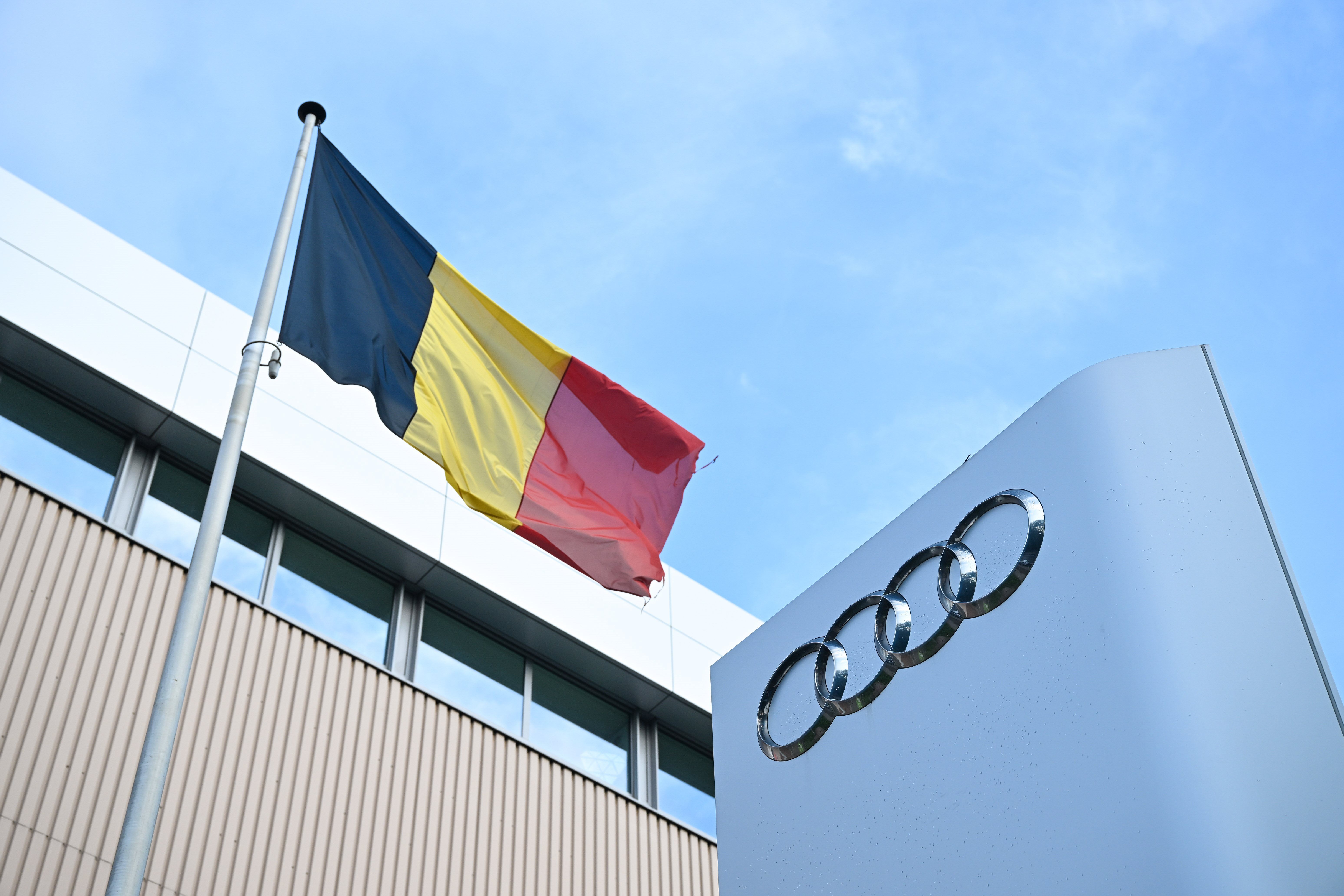Belgium's economic outlook sees challenges with job cuts, but strides in green technology

Belgium's economy is facing multiple shifts across in the automotive, pharmaceutical and manufacturing sectors while growing investments in green technology are on the rise. Here’s a breakdown of the key updates from several companies and sectors shaping Belgium's economic landscape.
Uncertainty at Audi Brussels
Audi Brussels faces an uncertain future after failing to secure a potential investor with a viable plan for its car factory in Vorst. The management informed the unions on Tuesday that no investor has come forward with a comprehensive strategy to take over the site. According to union representative Ronny Liedts of ACV, one investor proposed retaining up to 1,500 employees, about half the current workforce, but the plan was deemed unclear and unfeasible.
Jan Baetens, secretary at ACV hinted that the investor might be West Flemish entrepreneur Guido Dumarey. He remarked, “The fact that Goldman Sachs and KPMG were called in and nothing came of it clearly shows how difficult the sector is today." Audi Brussels confirmed there is no concrete takeover concept in place for the site’s employees, leaving the future of the factory and its workforce in doubt.
Job Cuts at Pfizer
The pharmaceutical giant Pfizer is set to cut 255 jobs at its Puurs site, following an international “operational efficiency exercise” conducted last summer. The company has reassured that reducing employment is "the very last resort" and has attempted to minimise the impact by saving costs elsewhere. However, the cuts add to the 150 temporary jobs that were recently not replaced, meaning that around 400 positions are affected overall.
Pfizer’s role in Belgium’s COVID-19 vaccine production was significant, but the company reportedly overestimated vaccine demand, leading to the job cuts. Despite these reductions, Pfizer’s major investment in the Puurs facility remains intact, with a 1.2 billion euro investment plan moving forward.
Ontex Factory Closure
In the manufacturing sector, Ontex’s Eeklo factory has finalised a social plan that will result in 350 employees losing their jobs, with the factory closing by the end of the year. The closure, scheduled for 20 December, is part of a broader downsizing effort that will also affect the Buggenhout branch, where 140 jobs are at risk. Separate social consultations have been initiated for the Buggenhout facility, though the outlook remains uncertain for its workers.
Investments in Green Technologies: AP Moller and Indaver
Major investments in green technologies are bringing hope to Belgium’s industrial future. Danish group AP Moller, known for its shipping arm Maersk, has launched a new subsidiary, Vioneo, which plans to invest 1.5 billion euros in a plastic factory at the Vopak Energy Park in the Port of Antwerp. The facility, expected to be operational by 2028, will create around 250 direct jobs and produce fossil-free polypropylene and polyethylene, using green methanol to power the plant.
At the same time, waste processor Indaver is nearing completion of its new Plastic2Chemicals recycling plant in the Port of Antwerp. The facility will recycle polystyrene and polyolefins and is seen as a significant step toward a circular economy. The first production line, costing 60 million euros, is set to deliver its initial end product before the end of the year, with plans for further expansion. Indaver’s plant aims to process up to 65,000 tonnes of plastic annually by 2028.
Inflation and Eurozone Outlook
Belgium’s economy, like much of the Eurozone, is benefiting from a reduction in inflation, which slowed to 1.8 per cent year-on-year in September—the first time inflation has fallen below the European Central Bank’s (ECB) 2 per cent target since June 2021. This drop is attributed to falling energy prices and could prompt the ECB to lower interest rates in the near future, possibly as soon as October.
Audi Brussels © PHOTO BELPRESS
Related news

